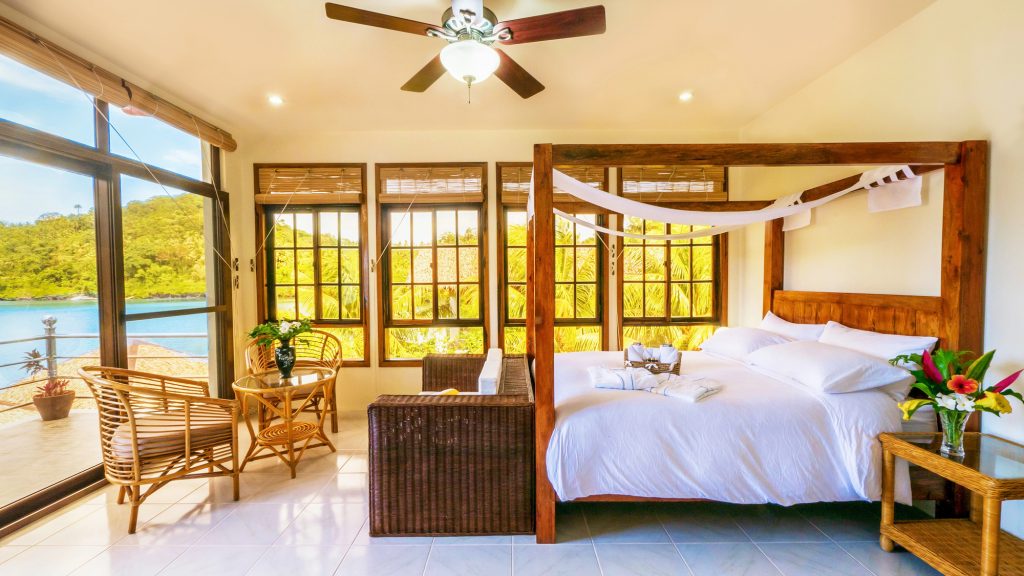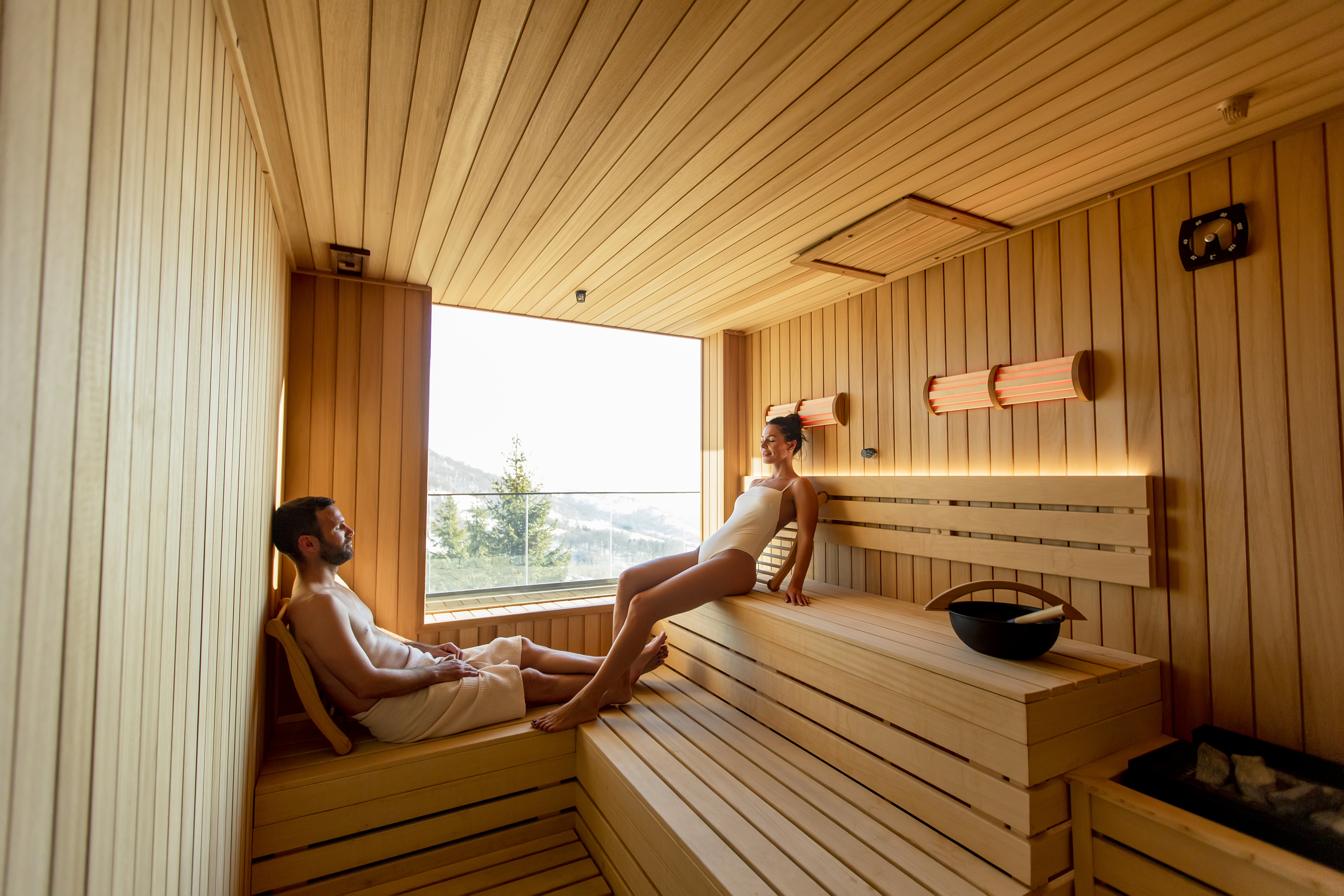Sustainable travel is no longer a niche concept; it has become a global movement reshaping the way we explore the world. As more travelers seek to minimize their environmental impact, the hospitality industry is stepping up with innovative solutions to blend luxury with responsibility. From carbon-neutral resorts in pristine landscapes to urban hotels embracing green technology, eco-friendly accommodations are setting new standards in sustainable living, offering travelers the chance to experience the world without compromising its future.
The Rise of Eco-Friendly Hospitality
As global awareness of environmental challenges grows, the hospitality industry is undergoing a profound transformation. Hotels, resorts, and lodges around the world are rethinking their practices to meet the demand for more sustainable and environmentally conscious experiences. This shift, often referred to as eco-friendly or sustainable hospitality, focuses on reducing environmental impacts while offering guests comfort, luxury, and unique travel experiences.
What is Sustainable Hospitality?
Sustainable hospitality is the practice of operating hotels and other accommodations in a way that minimizes negative environmental and social impacts while supporting economic growth. At its core, it focuses on creating long-term benefits for the planet, local communities, and travelers.
- Resource Efficiency: Reducing energy, water, and material use through innovative systems.
- Environmental Stewardship: Protecting ecosystems and biodiversity in surrounding areas.
- Cultural Preservation: Celebrating and integrating local traditions, arts, and crafts.
- Community Support: Partnering with and uplifting local businesses and residents.
Why Sustainability Matters in Tourism
Tourism, one of the world’s largest industries, significantly impacts the environment, from carbon emissions to overuse of natural resources. With millions of travelers exploring new destinations each year, the need for sustainable tourism practices has become more urgent than ever.
Environmental Benefits
- Reduces carbon footprints by implementing energy-efficient practices and renewable energy.
- Conserve natural resources, ensuring water and energy are used responsibly.
- Protects biodiversity by preserving natural habitats and ecosystems.
Economic and Social Impact
- Boosts local economies by sourcing goods and services from nearby businesses.
- Creates job opportunities that prioritize fair wages and ethical practices.
- Encourages cultural exchange and helps preserve traditional crafts, food, and customs.
Innovations in Sustainable Hospitality
The hospitality industry is revolutionizing its approach to sustainability, blending innovative solutions with unparalleled guest experiences. These advancements not only reduce environmental impact but also set a new benchmark for luxury and responsibility in the tourism sector.
Green Building Design
- Passive Solar Heating: Harnessing sunlight for natural heating in colder climates.
- Living Roofs: Roofs are covered with vegetation to improve insulation and biodiversity.
- Recycled Building Materials: Transforming old materials into functional and beautiful designs.
Zero-Waste and Circular Practices
- Recycling and Composting: Establishing on-site programs to manage waste effectively.
- Reducing Single-Use Plastics: Replacing plastic bottles, straws, and packaging with biodegradable alternatives.
- Food Waste Reduction: Partnering with food banks and composting unused food to prevent waste.
Water Conservation Techniques
- Rainwater Harvesting: Collecting and storing rainwater for non-drinking purposes like irrigation.
- Greywater Recycling: Treating and reusing wastewater from sinks and showers for secondary purposes.
- Low-Flow Fixtures: Installing water-efficient taps, toilets, and showerheads to reduce water usage without compromising guest comfort.
Eco-Friendly Experiences for Guests
- Guided Eco-Tours: Taking guests on immersive nature walks or wildlife safaris to foster environmental awareness.
- Farm-to-Table Dining: Offering meals crafted from organic, locally sourced ingredients.
- Reforestation Initiatives: Allowing guests to participate in tree-planting programs to offset their travel carbon footprint.
Global Examples of Eco-Friendly Accommodations
Eco-friendly accommodations around the world are setting new standards in sustainable hospitality. These properties prioritize environmental preservation, community support, and innovative practices, proving that luxury and sustainability can coexist.
Asia
Soneva Fushi, Maldives
- Located on the private Kunfunadhoo Island in the Baa Atoll UNESCO Biosphere Reserve, this resort is nearly 100% solar-powered and runs a waste-to-wealth center that repurposes glass into art.
- Operates a marine conservation program that includes rehabilitating coral reefs and protecting manta ray populations.
- Guests participate in zero-waste workshops and dine on organic produce grown in the resort’s gardens.
Keemala, Phuket, Thailand
- Built-in harmony with the tropical rainforest, Keemala’s clay pool villas and bird’s nest treehouses use sustainably harvested wood and recycled materials.
- The resort sources over 90% of its food from organic local farms and runs a no-waste kitchen, composting food scraps for use in its gardens.
- Guests can learn about ethical farming practices and join reforestation activities organized by the resort.
Europe
Whitepod Eco-Luxury Hotel, Switzerland
- Situated in the Swiss Alps, each pod is insulated with eco-friendly materials and heated using energy-efficient wood stoves.
- The resort strictly limits vehicle access to reduce emissions, providing electric snowmobiles for guest transportation.
- Freshwater for the property is sourced directly from alpine springs and purified on-site.
Treehotel, Harads, Sweden
- Each suite is a unique design, such as The Mirrorcube and The Bird’s Nest, built using sustainably sourced wood and perched on tree trunks to minimize forest disruption.
- Powered by hydroelectric energy, it also offers locally sourced organic meals prepared with zero-waste practices.
- Guests can participate in Sami cultural experiences, including traditional joik singing and reindeer herding.
North America
Bardessono Hotel & Spa, Napa Valley, USA
- This LEED Platinum-certified property uses geothermal energy for its heating and cooling systems, with solar panels generating 75% of its electricity needs.
- All water is recycled and reused for irrigation, while food waste is composted to supply nutrient-rich soil for its garden.
- Offers farm-to-table dining, featuring ingredients sourced from within a 15-mile radius.
Fogo Island Inn, Newfoundland, Canada
- Designed to withstand harsh coastal conditions, this inn is built using timber from local forests and heated through high-efficiency wood stoves.
- It reinvests 100% of its profits into the community, funding schools, healthcare facilities, and craft cooperatives.
- Guests are immersed in cultural traditions, including hand-lining for cod and quilting with local artisans.
South America
Mashpi Lodge, Ecuador
- Perched in a 3,200-acre private cloud forest reserve, the lodge was constructed with minimal deforestation, featuring glass and steel structures that blend with the environment.
- The lodge actively supports biodiversity research and has documented the discovery of over a dozen new species on its grounds.
- Guests can explore the forest on guided night safaris and assist scientists with tagging rare bird species.
Tierra Patagonia Hotel & Spa, Chile
- Built with sheep’s wool insulation and locally quarried stone, the lodge’s structure blends into the rolling Patagonian landscape, ensuring minimal environmental impact.
- The property recycles water through a closed-loop system and uses LED lighting to reduce energy consumption.
- Guides educate guests on Patagonian wildlife and offer low-impact activities, such as kayaking and trekking.
Africa
Grootbos Private Nature Reserve, South Africa
- Located in the Cape Floral Kingdom, the lodge has planted over 3,000 hectares of indigenous fynbos as part of its conservation efforts.
- Powered entirely by solar energy, it also operates an organic farm that provides all the produce for its restaurant.
- Guests can participate in biodiversity surveys and reforestation initiatives, helping to track the growth of planted trees.
Sandibe Okavango Safari Lodge, Botswana
- The lodge’s weaver-bird-inspired design uses solar energy for all operations, including hot water and refrigeration.
- Waste is managed through a sophisticated recycling program that supports local waste-collection cooperatives.
- Guests are introduced to conservation efforts, such as anti-poaching patrols and wildlife monitoring.
Australia & Oceania
Longitude 131°, Uluru, Australia
- This luxury tented camp is powered by 100% solar energy, with wastewater treated and repurposed for irrigation in the surrounding desert.
- Guests learn about Indigenous Anangu culture through storytelling sessions, bush tucker tours, and guided walks around Uluru.
- Construction avoided disturbing sacred sites, with all tents built on raised platforms to protect the fragile desert ecosystem.
Six Senses Fiji, Malolo Island, Fiji
- Operates entirely off-grid with solar power and Tesla battery storage, while all wastewater is treated and reused for irrigation.
- Its coral reef restoration program allows guests to actively plant coral and monitor its growth during their stay.
- Hosts workshops on sustainable living, including tips for reducing single-use plastics and saving water at home.
Eco-friendly accommodations prove that luxury and sustainability can go hand in hand. By choosing stays that care for the planet, you’re not just exploring the world—you’re helping to protect it. Every conscious choice paves the way for a greener, more sustainable future in travel.





